Public Sector Roundup: BlackBerrys for Thames police
More mobile working for UK police, Lancashire upgrades networks with Thus, while the NHS has been told to go with IT to cut carbon.


Thames Valley Police get 1,100 BlackBerrys
Police on the Thames Valley force are set to receive BlackBerry smartphones to help them on the beat. Officers will be able to remotely access the Police National Computer, conduct vehicle checks, look up names of suspects and access a variety of applications.
"Being able to access police computer systems via BlackBerry smartphones means less time spent travelling between stations. Officers no longer need to go back to the station every time they need to access information from a computer, or pick up briefing information for a shift. Officers will also be better informed with up-to-the-minute information which will significantly improve their service to local communities," said Keith Gough, mobile information project manager at Thames Valley Police.
Lancashire extends Thus contract
Network vendor Thus has won a contract extension from Lancashire County Council, which is looking to upgrade its Ethernet services to connect its over 50 sites. The network will carry both voice and data traffic.
The pair also signed a contract to equip field employees with mobile broadband.
Dave Dickens, assistant director of ICT, at Lancashire County Council said, "The contracts we have signed with Thus give us a corporate network that will not only improve delivery of our internal systems, but also create a platform to meet the needs of an effective remote workforce."
Get the ITPro daily newsletter
Sign up today and you will receive a free copy of our Future Focus 2025 report - the leading guidance on AI, cybersecurity and other IT challenges as per 700+ senior executives
NHS should use teleconferencing to cut carbon emissions
A report by the Sustainable Development Commission has called on the NHS to use more IT to cut carbon emissions.
The body said the NHS could cut its massive emissions output by using tech such as teleconferencing.
One of these is the increased use of teleconferencing to cut emissions caused by patients, visitors and staff travelling, which amount to an estimated 930,000 tonnes of carbon annually, or 18 per cent of total NHS missions.
Freelance journalist Nicole Kobie first started writing for ITPro in 2007, with bylines in New Scientist, Wired, PC Pro and many more.
Nicole the author of a book about the history of technology, The Long History of the Future.
-
 CISA issues warning in wake of Oracle cloud credentials leak
CISA issues warning in wake of Oracle cloud credentials leakNews The security agency has published guidance for enterprises at risk
By Ross Kelly
-
 Reports: White House mulling DeepSeek ban amid investigation
Reports: White House mulling DeepSeek ban amid investigationNews Nvidia is caught up in US-China AI battle, but Huang still visits DeepSeek in Beijing
By Nicole Kobie
-
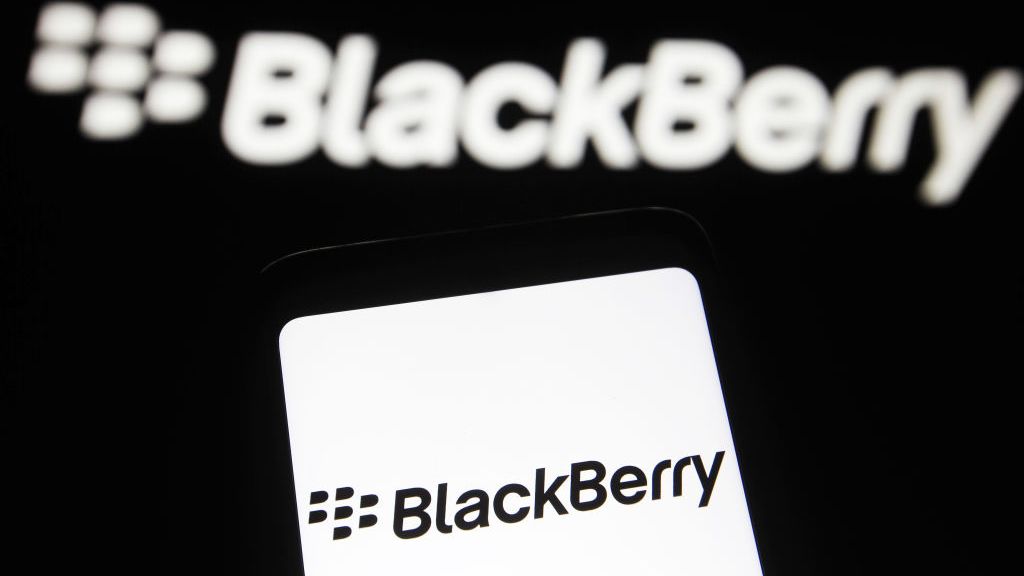 Blackberry revenue falls by 4% as cyber security division takes hit
Blackberry revenue falls by 4% as cyber security division takes hitNews Despite this, the company’s Internet of Things (IoT) division increased its revenue by 28% as it attracted new customers from the automotive sector
By Zach Marzouk
-
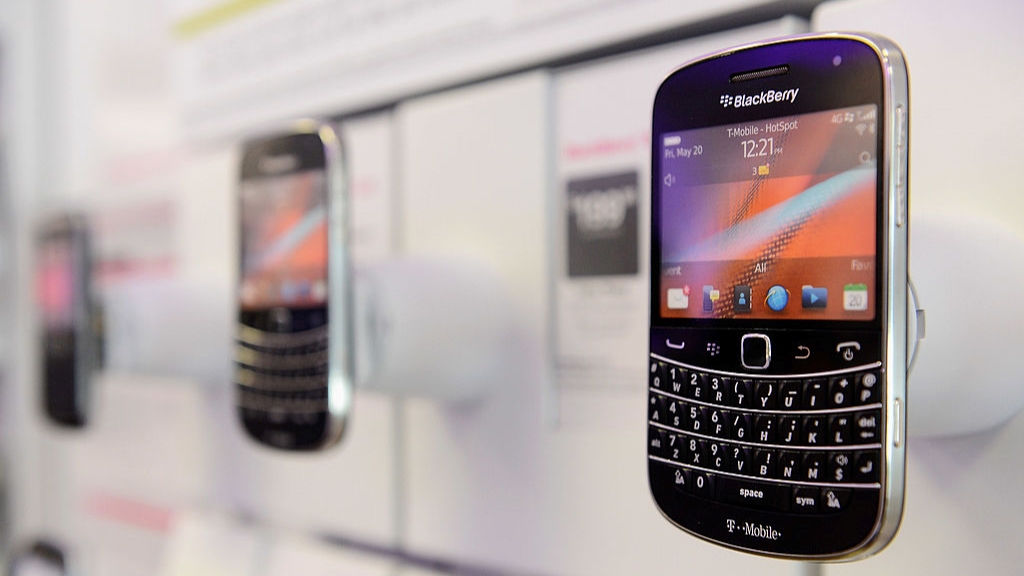 BlackBerry revival is officially dead as OnwardMobility shuts down
BlackBerry revival is officially dead as OnwardMobility shuts downNews The Texas-based startup is mysteriously shutting down and taking its ultra-secure 5G BlackBerry with it
By Bobby Hellard
-
 BlackBerry and AWS are developing a standardized vehicle data platform
BlackBerry and AWS are developing a standardized vehicle data platformNews Platform will give automakers a standardized way to process data from vehicle sensors in the cloud
By Rene Millman
-
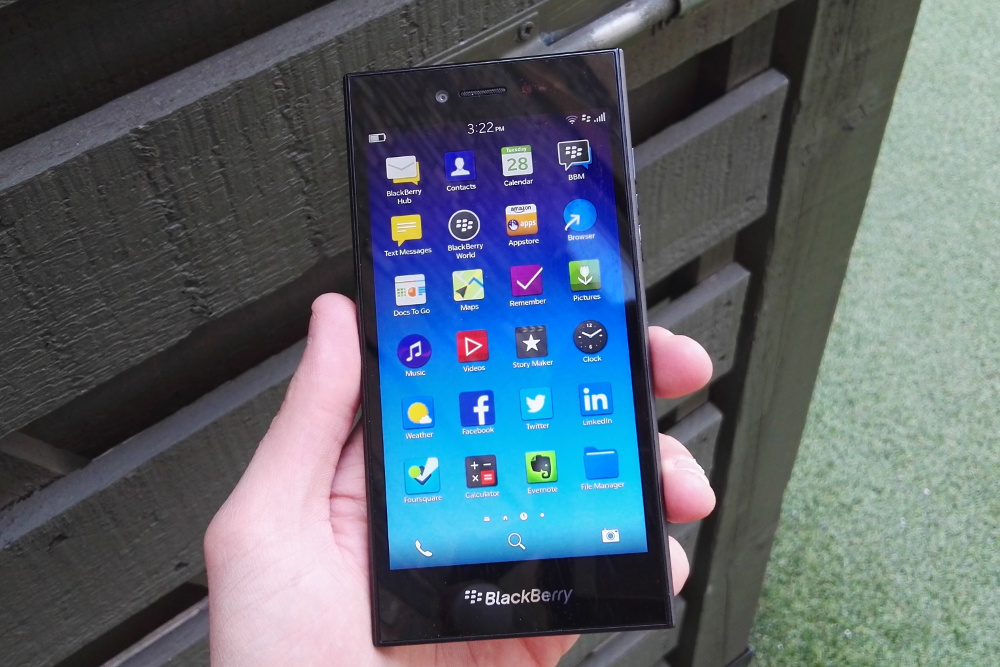 BlackBerry thwarts mobile phishing attacks with new AI tools
BlackBerry thwarts mobile phishing attacks with new AI toolsNews The company's Protect Mobile platform alerts users to potential malware before a link is clicked
By Tyler Omoth
-
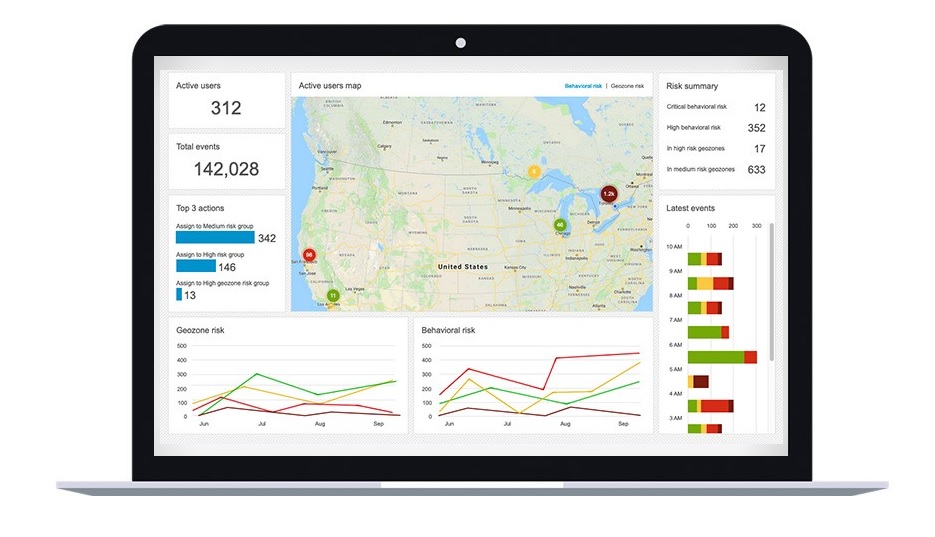 BlackBerry Persona Desktop delivers zero-trust security at the endpoint
BlackBerry Persona Desktop delivers zero-trust security at the endpointNews New security solution learns user behavior and can take action if there’s an abnormality
By Justin Cupler
-
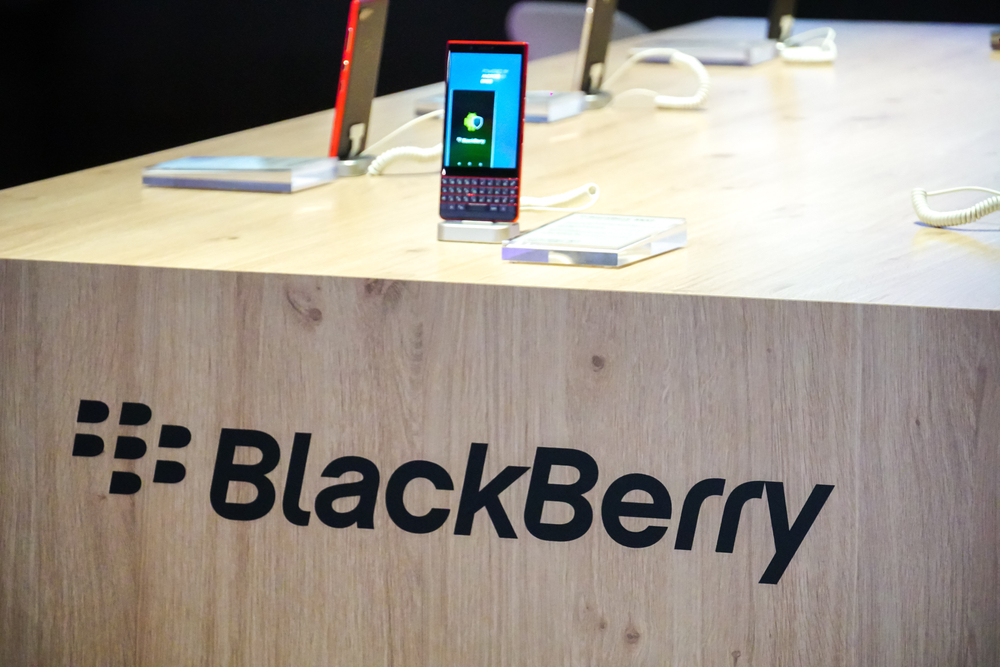 A 5G BlackBerry phone with physical keyboard is coming in 2021
A 5G BlackBerry phone with physical keyboard is coming in 2021News The business phone to be resurrected with OnwardMobility and FIH Mobile planning a security-savvy enterprise handset
By Bobby Hellard
-
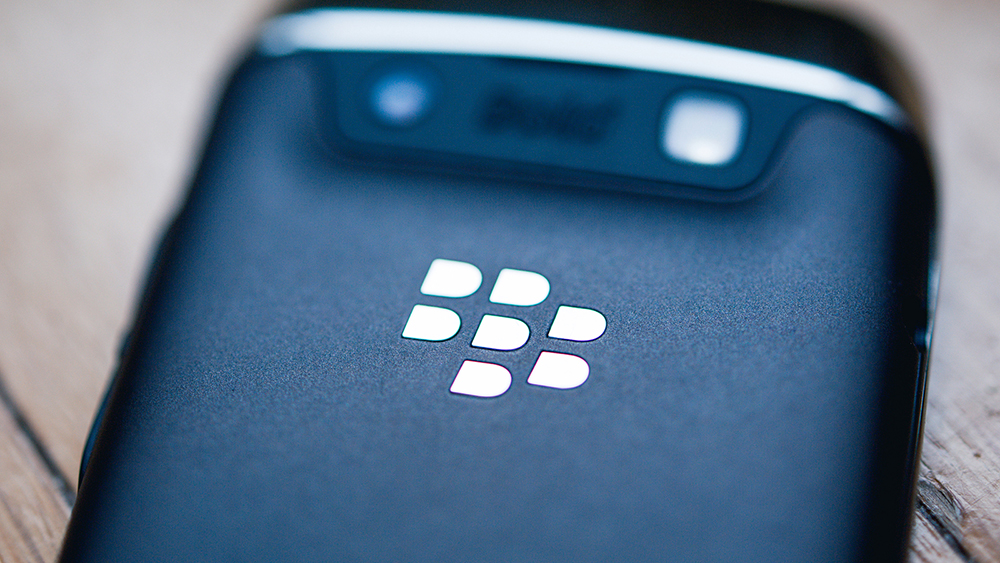 The business smartphone is dead
The business smartphone is deadIn-depth BlackBerry’s demise signals the end of the business-first handset
By Carly Page
-
 BlackBerry Key2 review: The best physical keyboard no one asked for
BlackBerry Key2 review: The best physical keyboard no one asked forReviews Despite the improvements, the flaws of BlackBerry’s Key range are still front and centre
By Bobby Hellard